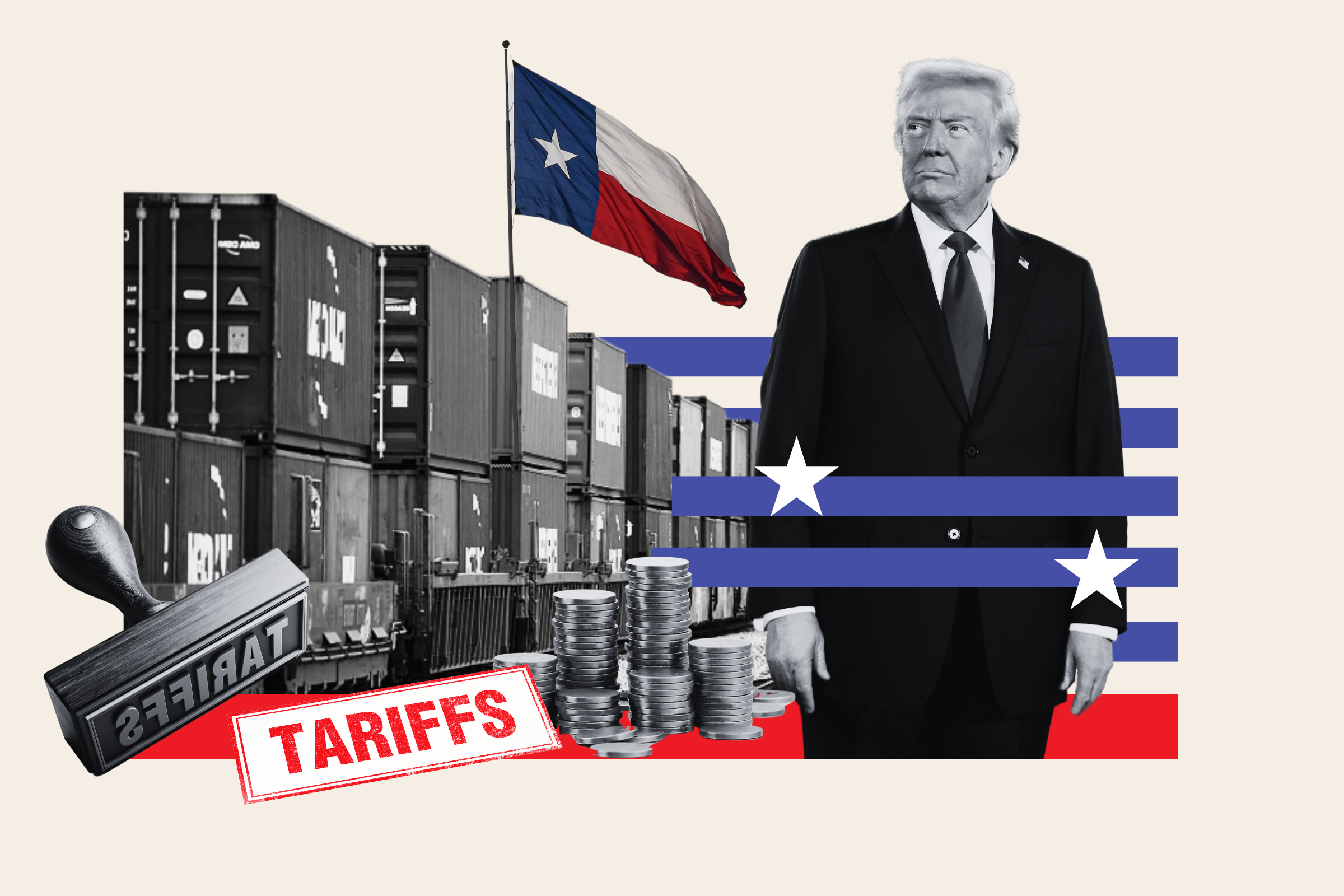The Effects Of Tariffs On International Trade

Welcome to your ultimate source for breaking news, trending updates, and in-depth stories from around the world. Whether it's politics, technology, entertainment, sports, or lifestyle, we bring you real-time updates that keep you informed and ahead of the curve.
Our team works tirelessly to ensure you never miss a moment. From the latest developments in global events to the most talked-about topics on social media, our news platform is designed to deliver accurate and timely information, all in one place.
Stay in the know and join thousands of readers who trust us for reliable, up-to-date content. Explore our expertly curated articles and dive deeper into the stories that matter to you. Visit Best Website now and be part of the conversation. Don't miss out on the headlines that shape our world!
Table of Contents
The Effects of Tariffs on International Trade: Winners, Losers, and Global Implications
Tariffs, taxes imposed on imported goods, have become a focal point in global trade debates. While proponents argue they protect domestic industries and jobs, critics highlight their potential to harm consumers and distort international markets. Understanding the multifaceted effects of tariffs is crucial for navigating the complexities of modern global economics.
What are Tariffs and How Do They Work?
Simply put, a tariff is a tax added to the price of imported goods. This increase makes imported products more expensive compared to domestically produced alternatives. There are two main types: specific tariffs, which are a fixed amount per unit, and ad valorem tariffs, which are a percentage of the goods' value. The imposition of tariffs is often a tool used in trade protectionism, aiming to shield domestic industries from foreign competition.
The Impact on Consumers:
One of the most immediate effects of tariffs is increased prices for consumers. When tariffs raise the cost of imported goods, consumers either pay more for the same products or reduce their consumption. This can lead to a decrease in consumer surplus, meaning consumers lose purchasing power. This impact is particularly pronounced for goods with limited domestic substitutes, like certain electronics or specialized agricultural products.
Effects on Domestic Industries:
Domestic industries producing goods similar to those being imported often benefit from tariffs. Higher prices on imports make domestic products more competitive, potentially boosting sales, profits, and job creation in the protected sector. However, this benefit comes at a cost, as discussed below.
The Ripple Effect: Job Creation and Destruction:
While tariffs might protect jobs in certain sectors, they can also lead to job losses in other parts of the economy. For example, industries that rely on imported inputs will face higher production costs, potentially leading to layoffs or reduced investment. Furthermore, retaliatory tariffs from other countries can severely impact export-oriented industries, leading to significant job losses in those sectors. The net effect on employment is often complex and difficult to predict accurately.
Global Implications and Retaliation:
Tariffs can trigger a cycle of retaliatory measures between countries. When one country imposes tariffs, other countries may respond in kind, escalating trade tensions and potentially leading to trade wars. This escalation can significantly disrupt global supply chains, reduce overall trade volume, and harm global economic growth. The World Trade Organization (WTO) plays a critical role in mediating these disputes, but its effectiveness is often challenged.
Long-term Economic Consequences:
In the long run, tariffs can stifle innovation and efficiency. By shielding domestic industries from competition, they reduce the pressure to improve productivity and adopt new technologies. This can lead to a less dynamic and less competitive economy. Furthermore, the reduced access to a wider range of goods can limit consumer choice and reduce overall economic welfare.
Conclusion:
The effects of tariffs on international trade are multifaceted and complex. While they might offer short-term benefits to specific domestic industries, they also carry significant risks for consumers, other industries, and the global economy. The potential for retaliatory measures and the long-term consequences of reduced competition underscore the need for careful consideration and a balanced approach to trade policy. A thorough cost-benefit analysis is crucial before implementing tariffs, taking into account both the immediate and long-term effects on all stakeholders.

Thank you for visiting our website, your trusted source for the latest updates and in-depth coverage on The Effects Of Tariffs On International Trade. We're committed to keeping you informed with timely and accurate information to meet your curiosity and needs.
If you have any questions, suggestions, or feedback, we'd love to hear from you. Your insights are valuable to us and help us improve to serve you better. Feel free to reach out through our contact page.
Don't forget to bookmark our website and check back regularly for the latest headlines and trending topics. See you next time, and thank you for being part of our growing community!
Featured Posts
-
 Court Ruling And Spying Allegations Demand Grows For Prime Ministers Response
Apr 22, 2025
Court Ruling And Spying Allegations Demand Grows For Prime Ministers Response
Apr 22, 2025 -
 Medium Risk Deadly Outcome Examining The Police Algorithms Role In Linas Murder
Apr 22, 2025
Medium Risk Deadly Outcome Examining The Police Algorithms Role In Linas Murder
Apr 22, 2025 -
 Country Musics Next Big Thing An Exploration Beyond The Basics
Apr 22, 2025
Country Musics Next Big Thing An Exploration Beyond The Basics
Apr 22, 2025 -
 Analyzing The Public Funding Behind Elon Musks Texas Operations
Apr 22, 2025
Analyzing The Public Funding Behind Elon Musks Texas Operations
Apr 22, 2025 -
 Jail Safety Concerns Fuel Staff Demand For Non Lethal Weapons
Apr 22, 2025
Jail Safety Concerns Fuel Staff Demand For Non Lethal Weapons
Apr 22, 2025
